Before you head out for a day in the sun, make sure you bulk up on these foods that naturally protect your skin from harmful UV rays.
The fact that excess sun exposure causes skin damage is well known. To help prevent skin cancer and wrinkles associated with sun exposure, many people resort to slathering on commercial sunscreens even at the mere hint of sunlight hitting their skin.
While trying to protect yourself is a good thing, you might want to consider a more natural option for preventing sun damage.
Want naturally radiant skin? We’ve created a FREE guide to give you the best tips & tricks for natural skincare.
Click here to get your FREE copy of our Skincare Guide!
Take, for instance, getting your sunscreen through the foods you eat.
Curious? Read on to find out why you should choose a natural sunscreen, along with the specific foods you can eat to help prevent sun damage and heal your skin.
Why You Should Choose Natural Sun Protection
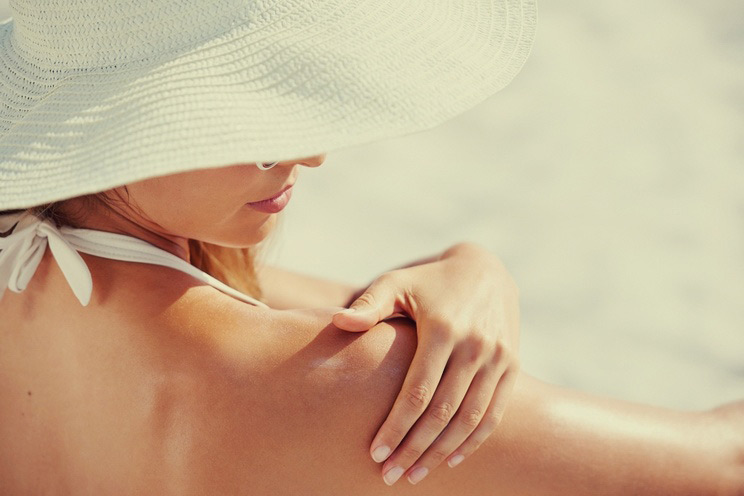
Unfortunately, most commercial sunscreens on the market are loaded with dangerous chemicals that are not only harmful to your health, but are paradoxically associated with an increased risk of skin cancer. (1) Since the intent of sunscreen is to protect your skin, it doesn’t make much sense to slather on chemicals that could cause more harm than good.
Of course, while eating your sunscreen is less effective than applying a topical, full-strength sunscreen, it does create a base layer of protection for your skin that helps prevent, and even reverse, damage over time. This, combined with a natural sunscreen you can find at your local health food store, will work wonders in protecting your skin from excess sun damage.
Check out the list of foods below that can help boost your sun protection.
Top 10 Foods for Natural Sun Protection
1. Tomatoes
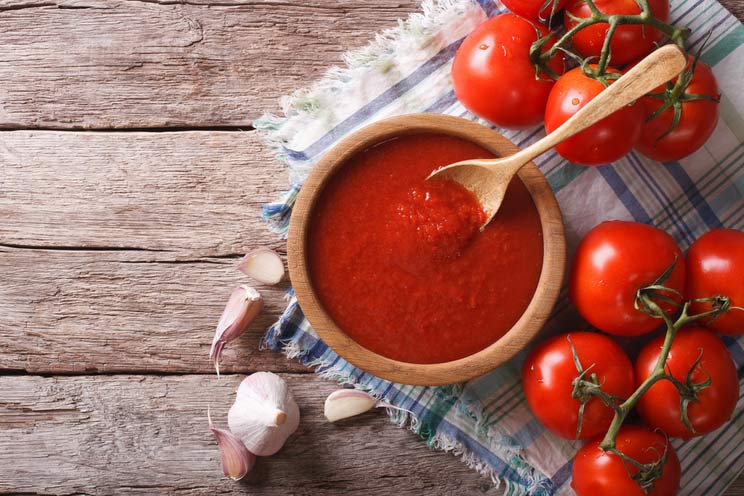
Tomatoes are rich in lycopene, a specific type of carotenoid antioxidant that has been shown to help protect your skin from sunburns.
In one study, participants consumed a concentrated tomato paste with high lycopene content daily for 10 weeks. The results showed that the participants received significantly less UV-induced sunburns compared to before they began to consume tomato paste. (2)
2. Sweet Potatoes
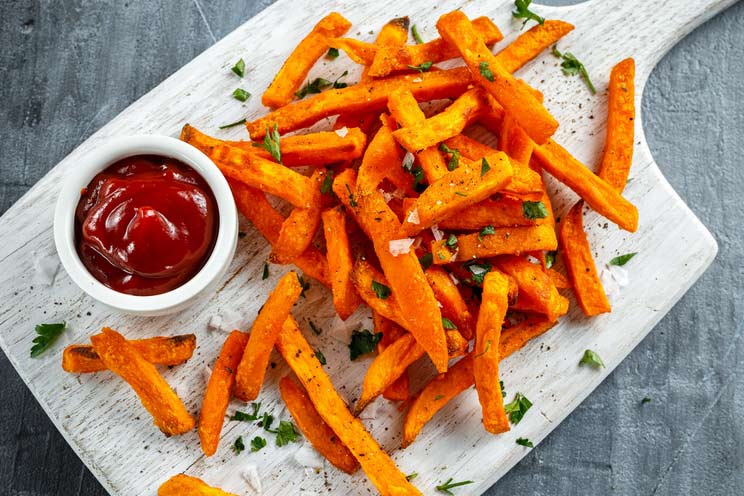
Sweet potatoes contain another type of carotenoid antioxidant, beta-carotene, that acts as one of the best lines of defense against sun damage. In essence, beta-carotene absorbs ultraviolet (UV) radiation before it can damage cells in your skin.
For best results, eat your sweet potatoes with a tomato dish. Lycopene has been shown to complement the beta-carotene protection in sweet potatoes. (3)
3. Fatty Fish
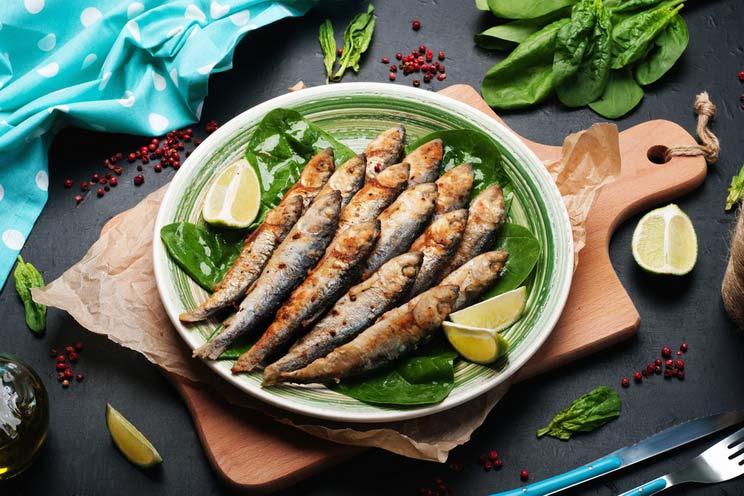
Wild-caught fatty fish contain abundant amounts of omega-3 fatty acids that help reduce inflammation and keep your skin supple. When it comes to sun protection, studies show that omega-3s can help boost your skin’s immunity to sunlight, protect you from skin cancer, and help reduce the inflammation response that occurs during a sunburn. (4)
Aim to eat wild fatty fish, like salmon and sardines, a few times a week.
4. Pomegranates
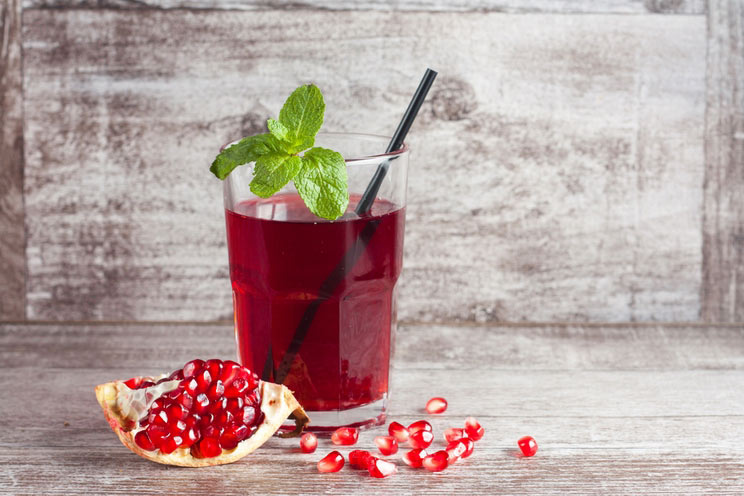
Pomegranates are rich in polyphenols, flavonoids, and other antioxidants that help reduce inflammation, fight DNA damage, and boost your natural sun protection. One study found that various pomegranate juices and extracts were able to reduce damage from UVB rays as well as inhibit certain proteins that play a role in tumor development and skin aging. (5)
5. Green Tea
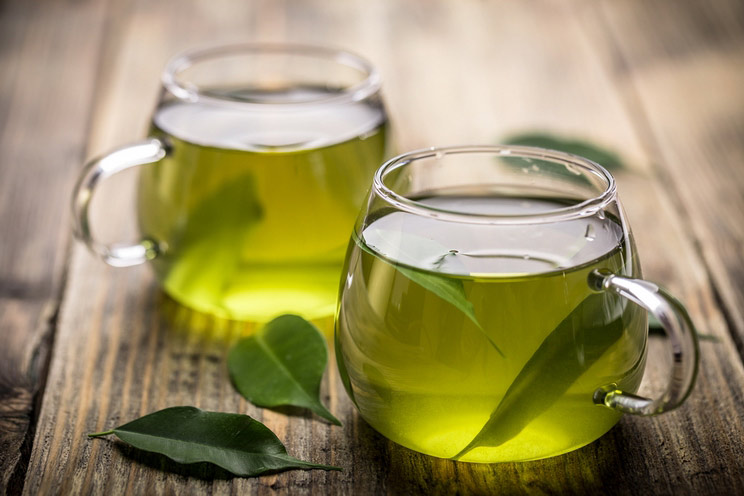
Green tea has been studied extensively for its ability to protect your body and skin from DNA damage from environmental stressors, including sunlight. One of the most potent flavonoid antioxidants in green tea, epigallocatechin-3-gallate (EGCG), is largely responsible for its skin-protecting abilities. (6)
To reap the full benefits of green tea, try to get in at least two cups a day.
6. Dark Chocolate
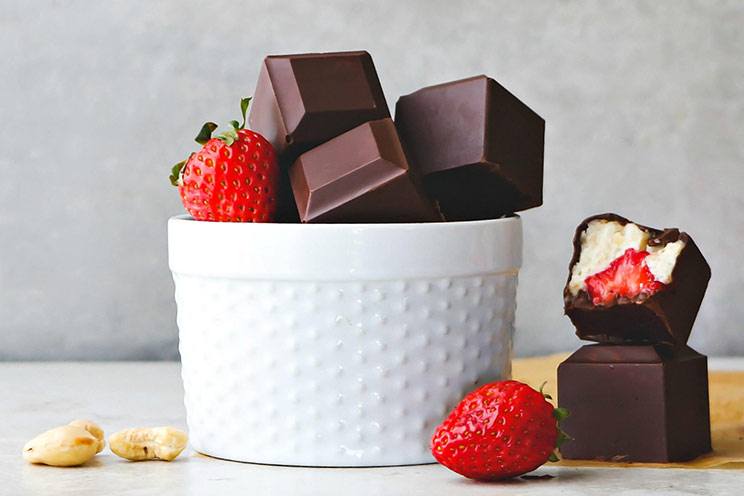
Good news: one of your favorite treats can also help minimize sun damage.
Dark chocolate contains flavonoid antioxidants that are able to reduce radiation damage from sunlight while also improving skin hydration. One study showed that women who consumed a cocoa drink for 12 weeks were less sensitive to UV radiation than others consuming a different beverage. (7)
Make sure the chocolate you indulge in has at least 75 percent cacao, with no added flavors or preservatives.
7. Walnuts
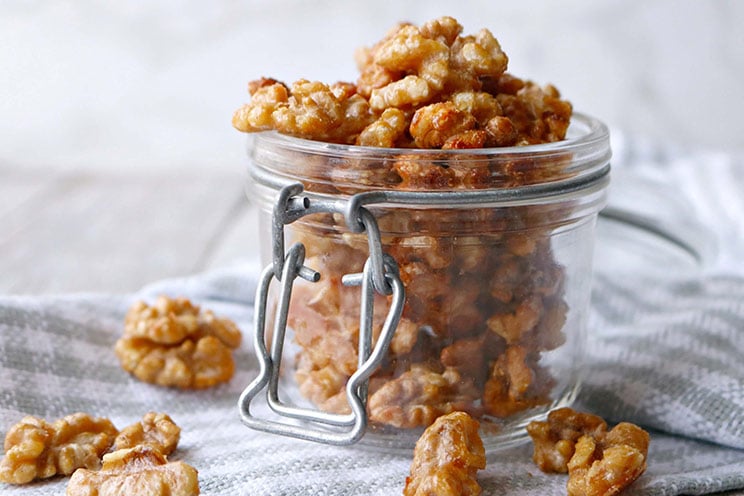
Walnuts are another great source of omega-3 fatty acids, which have been shown to have a protective effect against sunburns. They also inhibit expression of cancer-causing cell activities created by excess sun exposure. (8)
Try adding a handful of walnuts to your salads, or enjoy them as a snack a few days a week.
8. Avocados
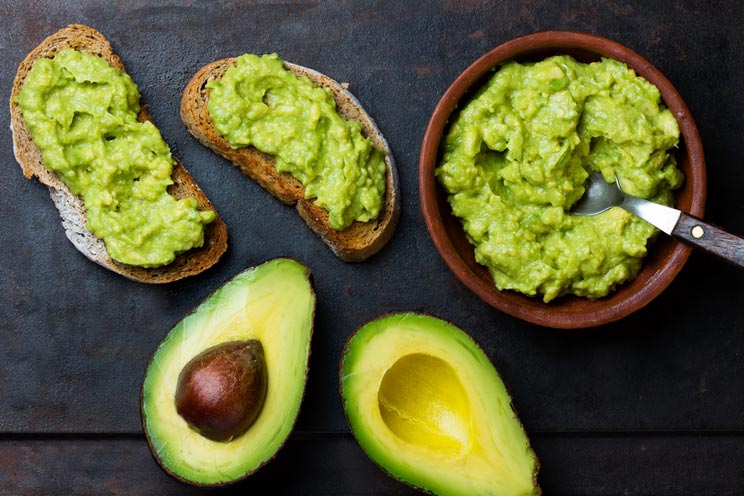
Avocados contain abundant amounts of beneficial fatty acids that can help improve skin health. As a bonus, avocados also contain vitamin C, a potent contender in the fight against skin and DNA damage. (9)
One study showed that extracts of avocado reduced sun damage and inflammation in skin following UV exposure. (10)
Try adding avocado to your salads daily, or whip up some thick guacamole dip with bacon chips!.
9. Grapefruit

Not only is grapefruit a refreshing addition to your diet when the temperatures rise, but it also contains a high dose of vitamin C, which helps neutralize the free radicals generated by sun exposure and therefore helping to reduce the chances of developing skin cancer. (11)
Make sure you’re eating grapefruit and other citrus fruits weekly.
10. Aloe
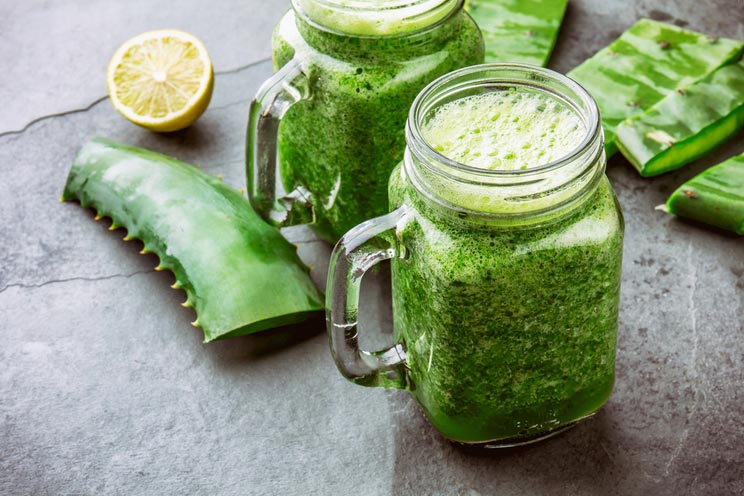
Aloe vera, when taken both internally and applied topically, has been shown to increase collagen synthesis. This is crucial, as collagen tends to break down during DNA damage from the environment and during the aging process. Aloe also helps to protect against radiation damage from the sun. (12)
To get the most out of your aloe, cut open a fresh leaf and add a tablespoon of two of gel to your smoothies. For additional protection, rub a bit on your skin.
To reap the maximum benefits of these foods, try to eat several of them every day. Also, if you’re planning on vacationing somewhere you know you’ll be exposed to sun often, start consuming more of these foods at least 10 days before your trip, as it takes a little while to boost your antioxidant levels to the levels found in many of these studies.
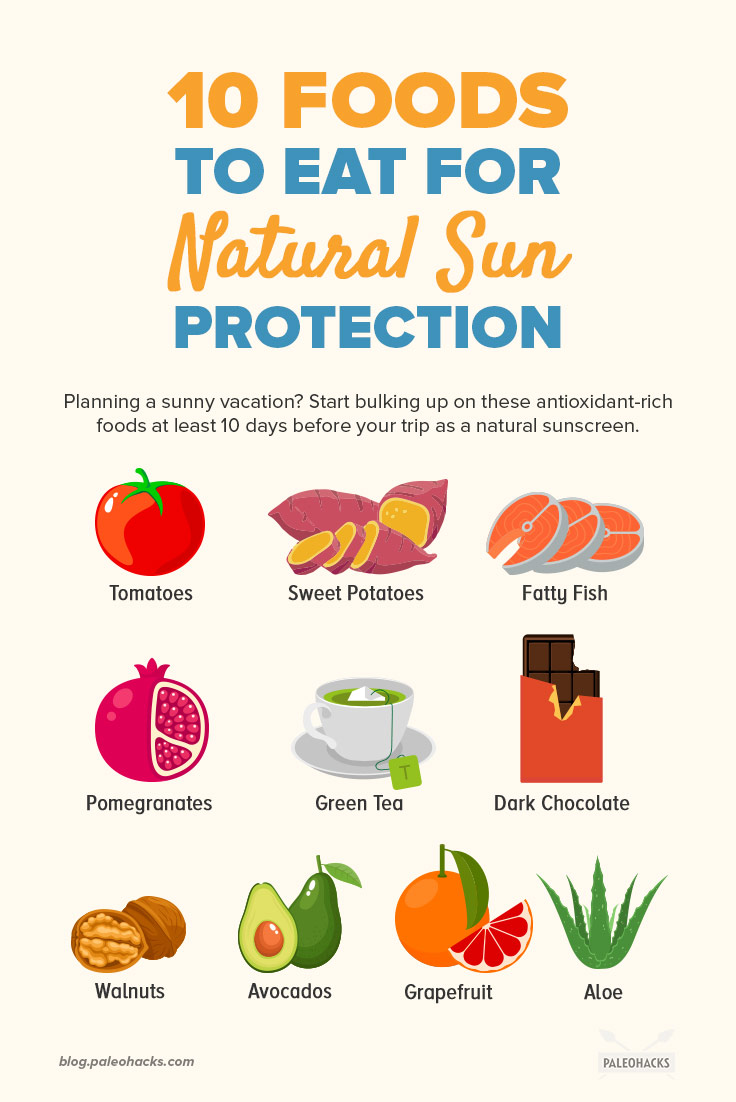
(Read This Next: 8 Natural Sunburn Remedies


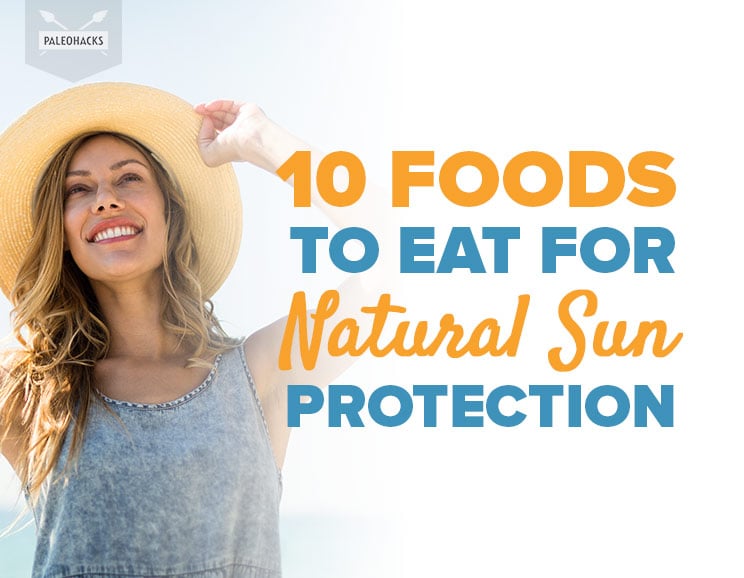
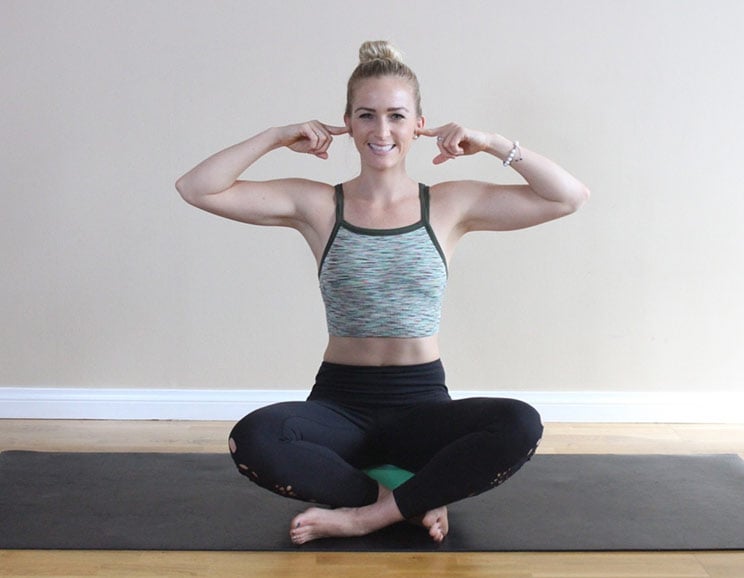 10 Gentle Yoga Poses for Migraine Relief
10 Gentle Yoga Poses for Migraine Relief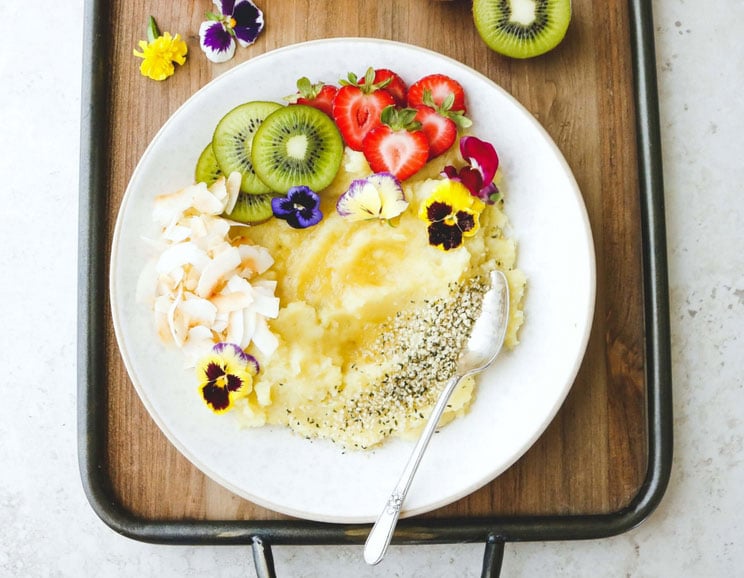
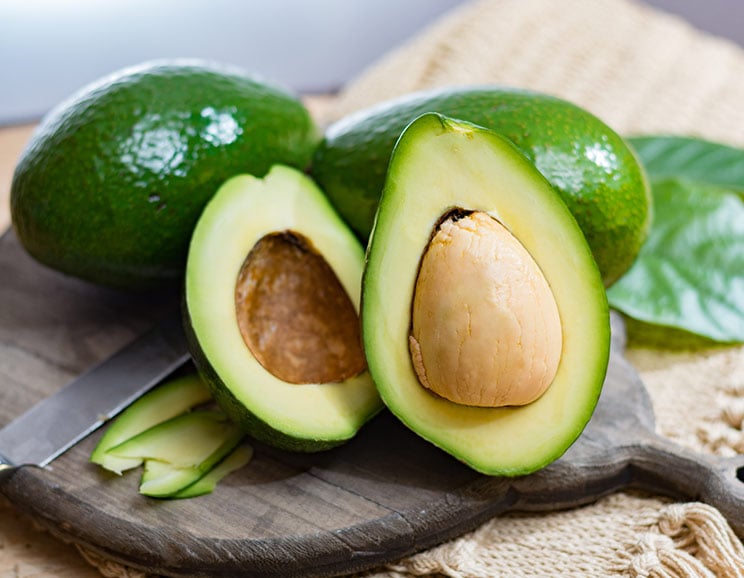
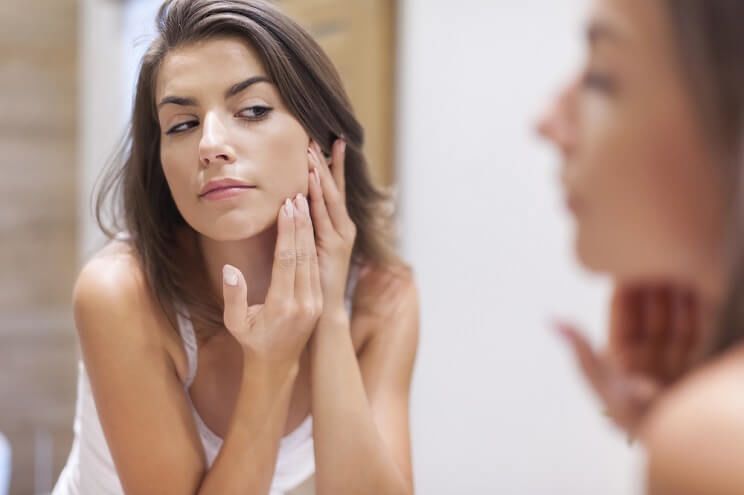

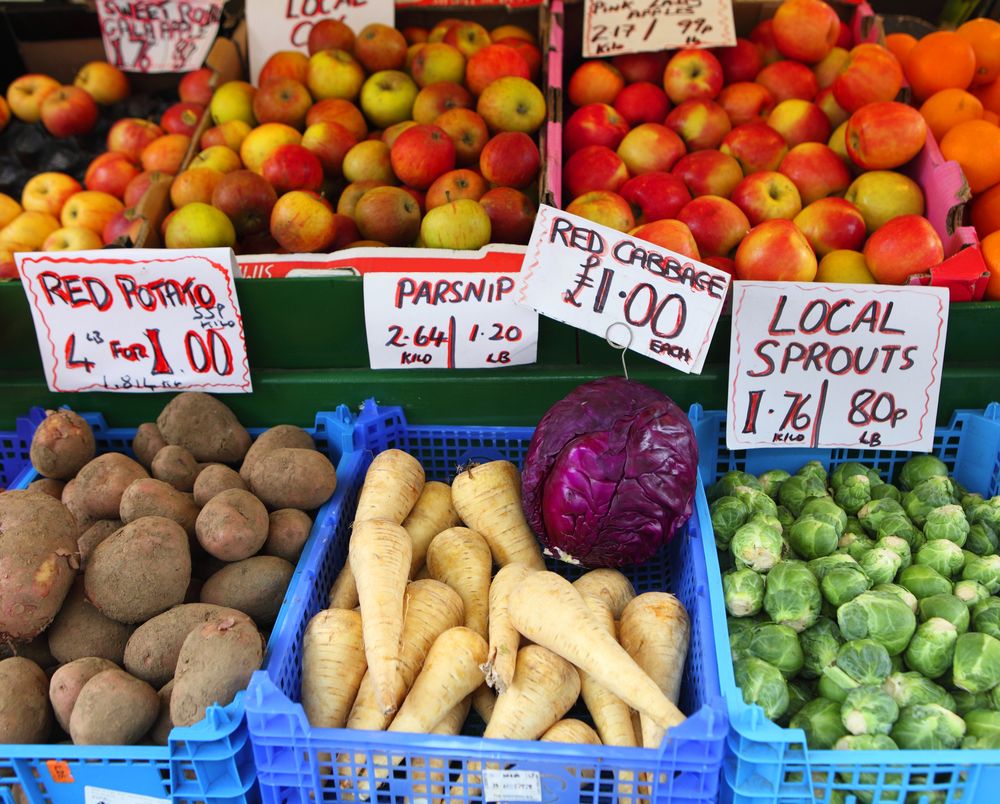


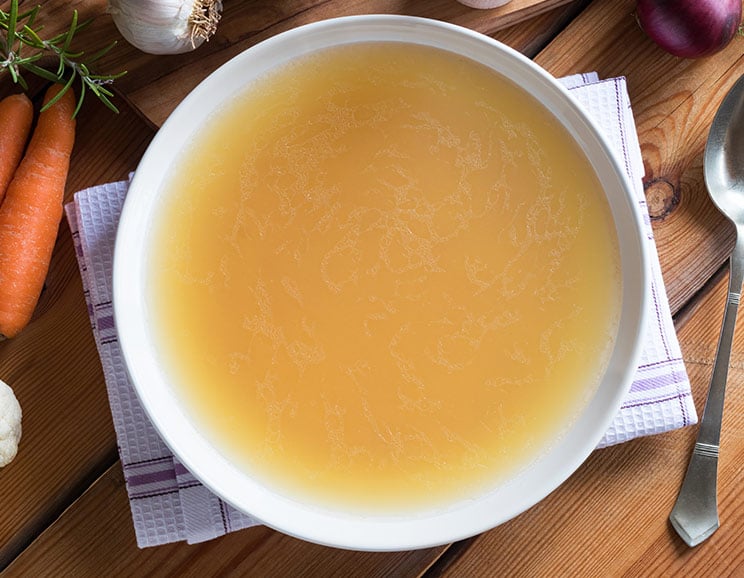
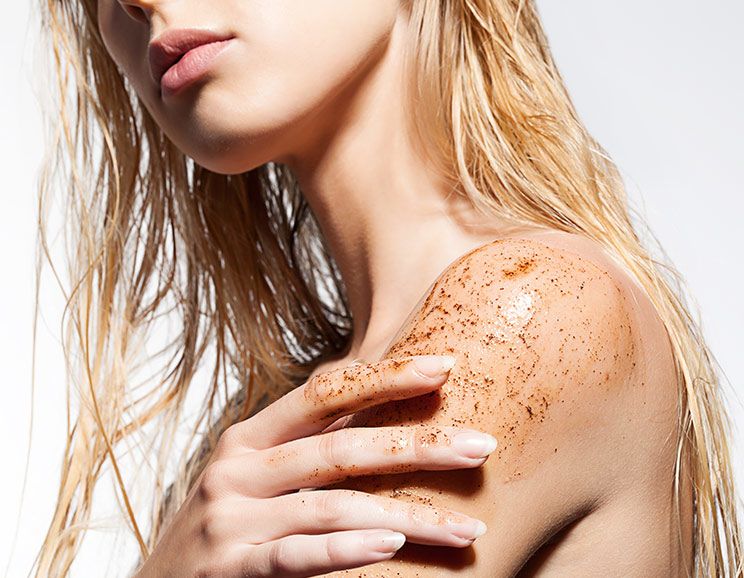

Show Comments